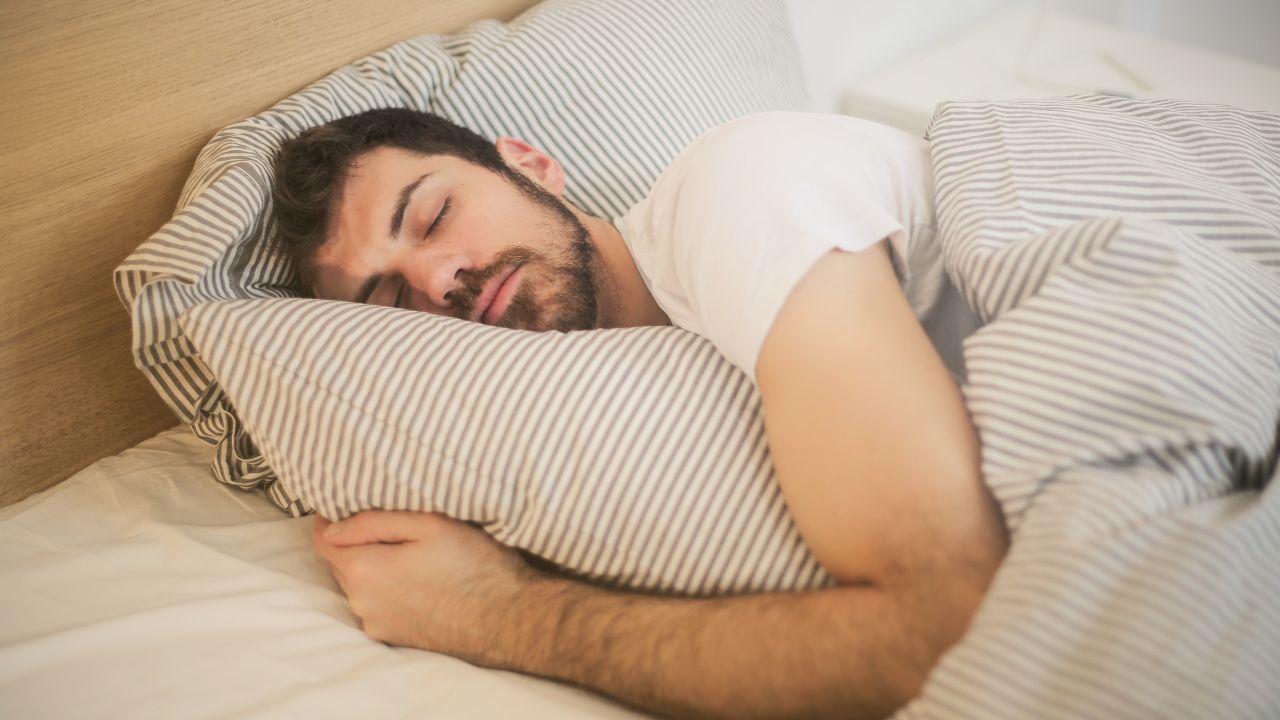
The Importance of Sleep for Athletic Performance
As an athlete, you know that your body requires proper rest and recovery to perform at its best. Sleep plays a crucial role in this process, allowing your body to repair and rebuild muscle tissue, regulate hormones, and consolidate memories. Unfortunately, many athletes struggle to get the recommended 7-9 hours of quality sleep each night, which can negatively impact their performance on the field or court. In this article, we'll explore the best sleep practices for athletes to help you optimize your rest and recovery.
Establishing a Consistent Bedtime Routine
One of the most important aspects of getting quality sleep is establishing a consistent bedtime routine. This means going to bed and waking up at the same time every day, even on weekends. By doing so, you'll help regulate your body's internal clock, making it easier to fall asleep and wake up feeling refreshed. As part of your bedtime routine, consider incorporating relaxation techniques such as deep breathing, meditation, or gentle stretching to help calm your mind and body before sleep.
Creating an Optimal Sleep Environment
Your sleep environment plays a significant role in the quality of your rest. To create an optimal sleep environment, start by ensuring that your bedroom is dark, quiet, and cool. Consider investing in blackout curtains or an eye mask to block out any unwanted light, and use earplugs or a white noise machine to minimize disruptive sounds. Additionally, make sure your mattress and pillows are comfortable and supportive, as this can help reduce muscle soreness and stiffness.
Managing Screen Time Before Bed
In today's digital age, it's easy to fall into the trap of scrolling through social media or watching videos on your phone before bed. However, the blue light emitted by electronic devices can interfere with your body's production of melatonin, a hormone that regulates sleep. To combat this, try to avoid using electronic devices for at least an hour before bedtime. If you must use your phone or computer, consider using blue light blocking glasses or installing a blue light filter app to minimize the impact on your sleep.
Fueling Your Body for Better Sleep
What you eat and drink can also affect the quality of your sleep. To promote better rest, avoid consuming caffeine, alcohol, and large meals close to bedtime. These substances can interfere with your body's ability to fall asleep and stay asleep throughout the night. Instead, opt for a light, healthy snack that contains complex carbohydrates and protein, such as a small bowl of oatmeal with nuts or a turkey and cheese sandwich on whole-grain bread.
Incorporating Naps into Your Training Schedule
While getting a full night's sleep is ideal, sometimes it's not always possible due to early morning practices or late-night competitions. In these cases, incorporating naps into your training schedule can help you catch up on missed sleep and improve your performance. Aim for short, 20-30 minute naps in the early afternoon, as this can help boost alertness and cognitive function without leaving you feeling groggy.
Monitoring Your Sleep Quality
Finally, it's important to monitor your sleep quality to ensure that you're getting the rest and recovery you need. Consider using a sleep tracking app or wearable device to help you track your sleep patterns and identify any areas for improvement. If you consistently struggle with falling asleep or staying asleep, don't hesitate to reach out to a healthcare professional for guidance and support.
In conclusion, prioritizing sleep is essential for athletes looking to perform at their best. By establishing a consistent bedtime routine, creating an optimal sleep environment, managing screen time before bed, fueling your body for better sleep, incorporating naps into your training schedule, and monitoring your sleep quality, you can ensure that you're getting the rest and recovery you need to excel in your sport.
 Mobility trainingHome Fitness RecoverySports Injury PreventionPersonal Physical TherapyOrthopedic SolutionsPrivacy PolicyTerms And Conditions
Mobility trainingHome Fitness RecoverySports Injury PreventionPersonal Physical TherapyOrthopedic SolutionsPrivacy PolicyTerms And Conditions
